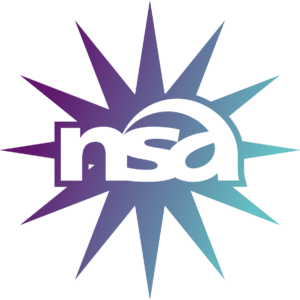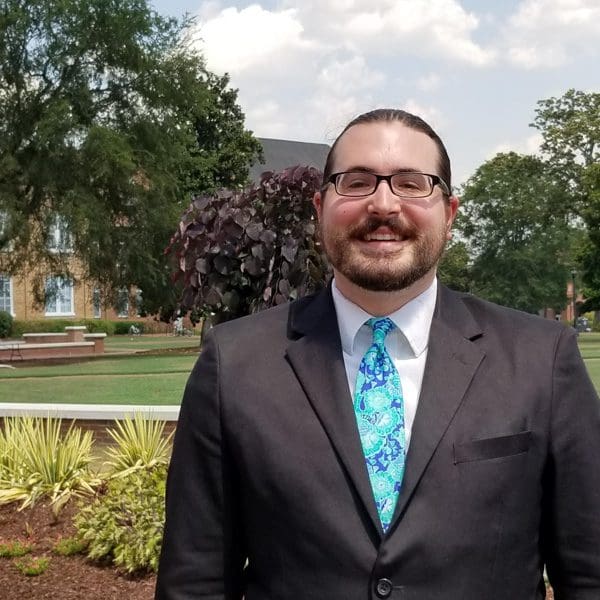Briefly describe your daily job duties.
As an Environmental Specialist at DOWL, my job duties vary depending on the project we are working on and the time of the year.
During the summer, I am very busy with wetland delineation fieldwork. When a client wants to fill wetland for development, they need the proper permit from the U.S. Army Corps of Engineers. That’s when a third party, like what I do at DOWL, does fieldwork to identify the wetland. We look for three things: hydrophytic vegetation, hydric soils, and hydrology. Simply put, we dig big holes and analyze the soils plus the surrounding environment. It’s a lot of fun and has brought me to such beautiful regions of Alaska.
When not doing field work, I am working on permits, Environmental Assessments and Environmental Impact Statements for major projects.
As a person who stutters, share the most challenging part of your job.
My biggest challenge is participating on teleconferences. Because projects involve a lot of different people from a variety of sectors, teleconferences are very common in my field of work. I already stutter a lot on the phone and when I know there are many people on the line, important people for that matter, it can be very stressful for me.
It’s also difficult to find a moment to talk on teleconferences. Sometimes I will start to speak, stutter, and someone will start speaking because they think the line is open. It is not their fault but just something that happens.
Did you self-disclose your stuttering during the job hiring process? If so, how did you do it and how do you currently disclose your stuttering to unsuspecting co-workers, clients and or customers?
I did disclose my stutter and it felt AMAZING. I knew I wanted to disclose but I was waiting for the right moments to do so. I wanted to make it organic and prove it as a strength of mine. My interviewers asked me what I like to do in my free time. I responded with the normal outdoor Alaskan activities but also said I like being a role model to people who stutter, especially the younger generation. I brought up my leadership role with the Alaska NSA Family Chapter and what an impact it has had on children and their parents. My interviewers were completely blown away and loved it.
Currently when I disclose to clients or other coworkers, I also wait for it to be organic. If I am just casually stuttering, I usually don’t disclose unless I need to. But if I’m in a big meeting or presentation, I will simply say: “Just a heads up, I do stutter so it may take me an extra moment.” I have even had people approach me after presentations to tell me how great it was that I told the crowd that. It really helps people feel comfortable with you when you disclose your stutter.
Describe how stuttering makes you a better, more valued contributor at work.
Being a person who stutters in the workplace makes me a very conscientious speaker. I take my time when I speak up and choose my words wisely. This is not to avoid stuttering or to choose words I will not stutter on, but rather, it makes me feel better when I take my time. I’ve found speaking slowly and concisely demands attention from people.
What is your proudest moment at your current company?
I have only been at my current company for about 6 months now, so I expect a giant proud moment is yet to come. As of now, my colleagues and supervisors have been very vocal about my strengths and willingness to help where needed. Something I am proud of is that out of the entire environmental department, I have logged the most hours in the field. For someone of my age and experience level, that is certainly something to be proud of.
What are your long-term career aspirations?
Thankfully in the environmental science world, there’s always work to be done and a large variety of it. However, that makes my field very broad because I’m interested in absolutely everything. Once I narrow in my interests, I hope to go back to school to obtain my master’s degree. I would love to study the social effects of climate change, especially since Alaska is being hit rather hard by the changing climate.
What’s your best advice for people who stutter just entering the workplace and for those in a career striving to achieve greater success?
My advice is do not let stuttering define you. Use your stutter as a strength. Show people that it’s just one part of you and it does not hold you back. Plus, I promise we, people who stutter, notice our stutter way more than anyone else! It can feel like such a huge deal to tell someone that you stutter, but chances are they are going to accept and move on. It is not a big deal to them. They value you for your brain, your talent, your personality. Your stutter can be an asset, if you let it be that.



